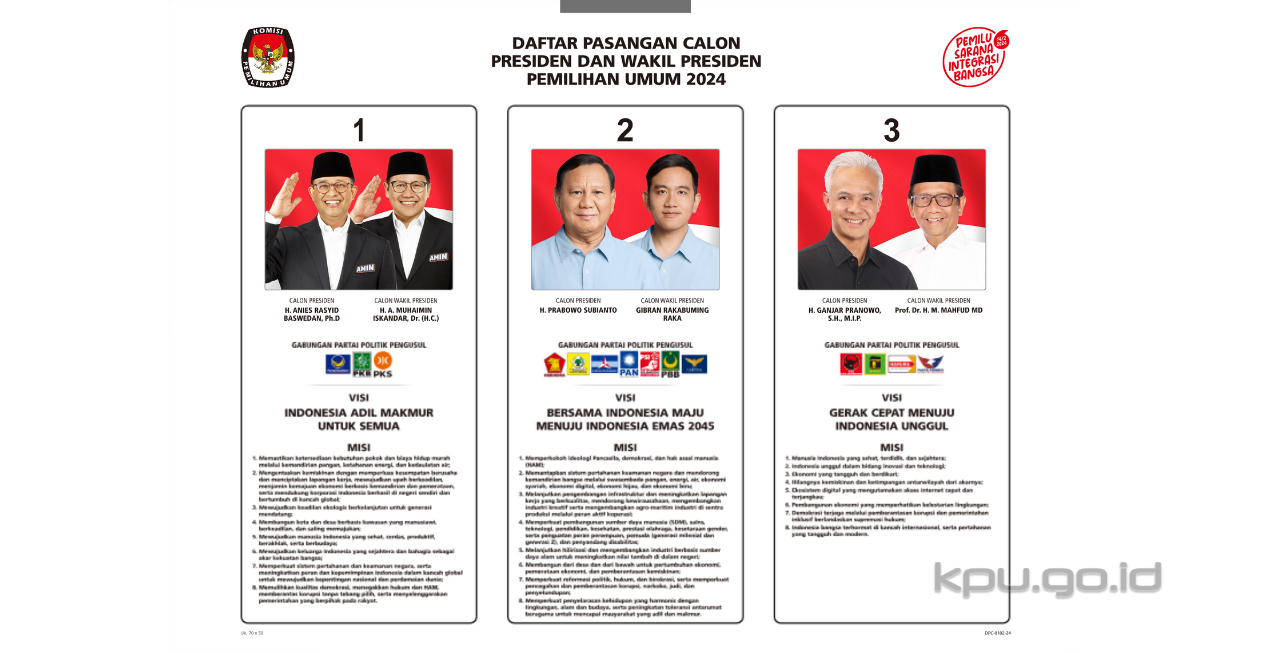Analyzing The Aftermath Of Congo's Cobalt Export Ban: The Path Forward With Quotas

Table of Contents
The Current State of Cobalt Mining in the DRC and Global Demand
DRC's Cobalt Dependence
The DRC's economy is heavily reliant on cobalt exports for revenue generation. This dependence creates significant economic vulnerability.
- Percentage of global cobalt production from DRC: The DRC accounts for over 70% of global cobalt production, making it the world's leading producer.
- Current economic challenges in the DRC: The country faces significant economic challenges, including widespread poverty and infrastructure deficits. Cobalt revenues play a crucial role in funding government operations and social programs.
- Dependence on artisanal mining: A substantial portion of cobalt production in the DRC comes from artisanal mining, often associated with poor working conditions and environmental damage. This poses significant challenges for implementing sustainable practices and regulating production.
The Growing Global Demand for Cobalt
The burgeoning EV revolution is driving a dramatic increase in global cobalt demand. This surge presents both opportunities and challenges.
- EV battery production growth forecasts: The global demand for EV batteries is projected to grow exponentially in the coming decades, fueled by increasing environmental concerns and government regulations promoting electric mobility. This necessitates a corresponding increase in cobalt supply.
- Other applications of cobalt: Beyond EV batteries, cobalt is used in various other applications, including aerospace, medical devices, and high-strength alloys. This diversified demand further contributes to the pressure on cobalt resources.
- Projected cobalt demand vs. supply: Current projections suggest a significant gap between future cobalt demand and the available supply, potentially leading to price volatility and supply chain disruptions if not addressed strategically.
Potential Impacts of a Cobalt Export Ban or Strict Quotas
Economic Consequences for the DRC
A cobalt export ban or the implementation of stringent quotas could severely impact the DRC's economy.
- GDP impact estimates: Studies suggest a significant reduction in the DRC's GDP could result from reduced cobalt exports, potentially exacerbating existing poverty and inequality.
- Potential job losses: A ban or strict quotas could lead to widespread job losses in both artisanal and industrial cobalt mining sectors, impacting livelihoods across the country.
- Impact on government revenue: Reduced cobalt exports would drastically decrease government revenue, hampering the DRC's ability to fund essential public services and development initiatives.
Disruptions to the Global EV Industry
Restricting cobalt exports would have far-reaching consequences for the global EV industry.
- Impact on EV manufacturing timelines: Supply chain disruptions could significantly delay EV production, hindering the transition to cleaner transportation.
- Potential price increases for EVs: Reduced cobalt supply could lead to a substantial increase in EV prices, potentially dampening consumer demand and slowing down market growth.
- Search for alternative battery technologies: The potential for supply shortages is driving increased research and development into alternative battery technologies that require less or no cobalt.
Geopolitical Implications
A cobalt export ban or quotas could exacerbate existing geopolitical tensions.
- Impact on international relations: The DRC's dominant position in cobalt production creates complex relationships with both developed and developing nations. Restrictions on cobalt supply could lead to increased tensions and trade disputes.
- Potential for trade disputes: Countries heavily reliant on DRC cobalt could engage in diplomatic efforts or even trade disputes to secure access to this critical resource.
- Role of international organizations: International organizations will play a crucial role in mediating disputes, promoting transparency, and ensuring equitable access to cobalt resources.
The Path Forward: Implementing Effective Cobalt Quotas
Designing a Fair and Transparent Quota System
Implementing a fair and transparent quota system is crucial to mitigate the negative impacts of restricting cobalt exports.
- Criteria for quota allocation: A robust system should consider factors like environmental standards, social responsibility, adherence to fair labor practices, and commitment to local processing in allocating quotas.
- International oversight: International monitoring and oversight are essential to ensure transparency and prevent corruption in the quota allocation process.
- Monitoring mechanisms: Regular monitoring and evaluation of the quota system are necessary to assess its effectiveness and make adjustments as needed.
Investing in Sustainable Cobalt Mining Practices
Promoting sustainable mining practices in the DRC is critical for long-term economic development and environmental protection.
- Investment in technology and infrastructure: Investments in modern mining technology and improved infrastructure are needed to reduce environmental damage and improve worker safety.
- Environmental remediation efforts: Efforts to remediate past environmental damage from artisanal mining are essential for restoring ecosystem health and protecting local communities.
- Worker safety and fair labor standards: Ensuring worker safety and fair labor standards is vital for improving working conditions and fostering social equity within the cobalt mining industry.
Promoting Value Addition within the DRC
Processing cobalt within the DRC is essential for maximizing economic benefits and fostering sustainable development.
- Investment in refining and processing facilities: Investing in modern refining and processing facilities within the DRC would significantly boost the country's economic capacity and create higher-skilled jobs.
- Creation of high-skilled jobs: Processing cobalt domestically creates opportunities for high-skilled employment, contributing to economic diversification and human capital development.
- Technology transfer and capacity building: International collaboration and technology transfer initiatives are crucial for building local capacity and expertise in cobalt processing.
Conclusion
A potential cobalt export ban or the implementation of stringent quotas from the DRC presents significant challenges and opportunities. While such measures could potentially destabilize global supply chains and negatively impact the EV industry, they also present an opportunity for the DRC to strengthen its economy through responsible resource management and value addition. A well-designed quota system, coupled with investments in sustainable mining practices and local processing, can pave the way for a more equitable and sustainable future for the cobalt industry. The key is to move beyond simply restricting exports and focusing on developing a comprehensive strategy that utilizes cobalt quotas to foster responsible mining, economic development, and international cooperation. Let's work together to achieve a balanced approach that protects both the environment and the economic well-being of the DRC, while ensuring a stable global supply of this critical mineral. Careful consideration of cobalt quota implementation is crucial for navigating this complex situation effectively.

Featured Posts
-
 Giant Sea Wall Dukungan Dpr Terhadap Visi Presiden Prabowo
May 16, 2025
Giant Sea Wall Dukungan Dpr Terhadap Visi Presiden Prabowo
May 16, 2025 -
 La Decentralisation Du Repechage Lnh Un Regret
May 16, 2025
La Decentralisation Du Repechage Lnh Un Regret
May 16, 2025 -
 N Kh L Rekordsmen Po Khitam Obyavlyaet O Zavershenii Karery
May 16, 2025
N Kh L Rekordsmen Po Khitam Obyavlyaet O Zavershenii Karery
May 16, 2025 -
 200 Raket I Dronov Podrobnosti O Novoy Atake Rossii Na Ukrainu
May 16, 2025
200 Raket I Dronov Podrobnosti O Novoy Atake Rossii Na Ukrainu
May 16, 2025 -
 Vont Weekend April 4 6 2025 A 97 3 Kissfm Experience
May 16, 2025
Vont Weekend April 4 6 2025 A 97 3 Kissfm Experience
May 16, 2025
